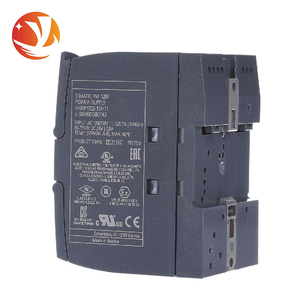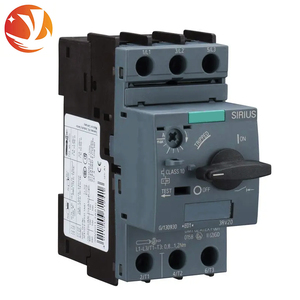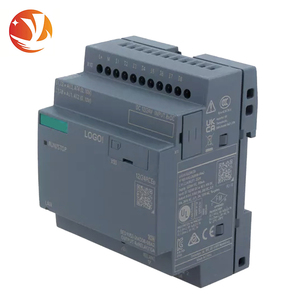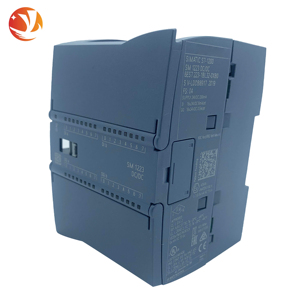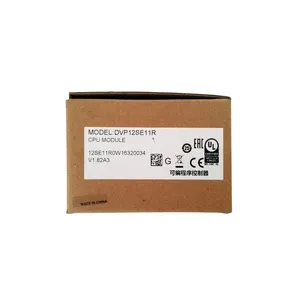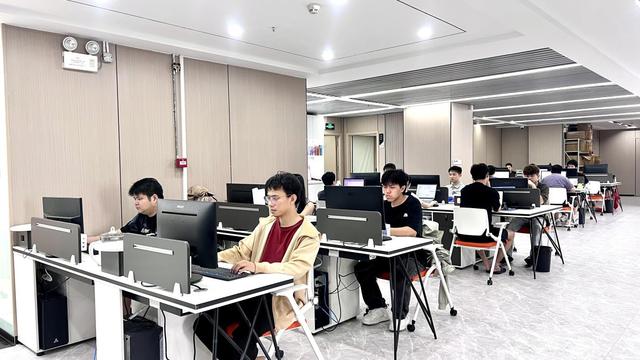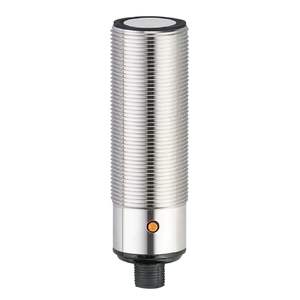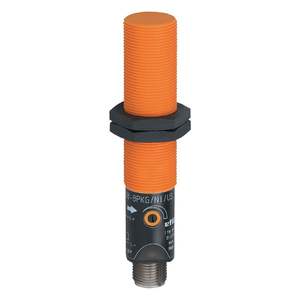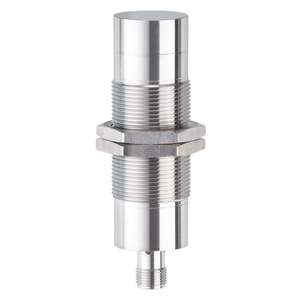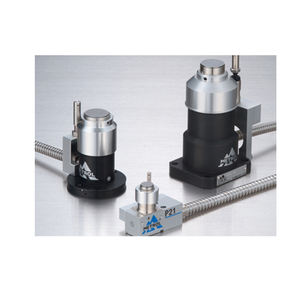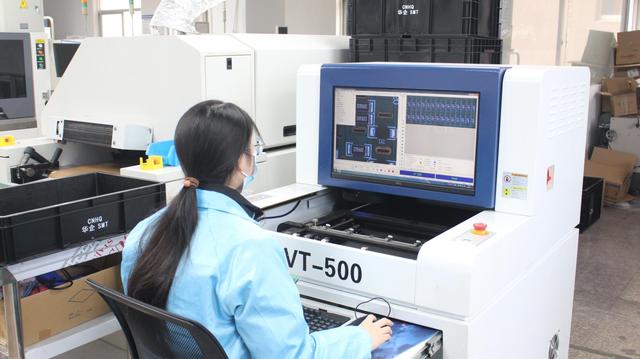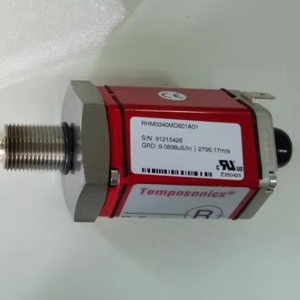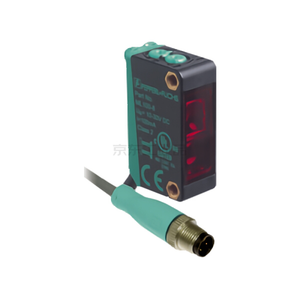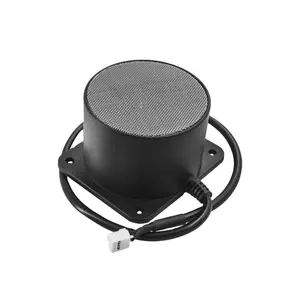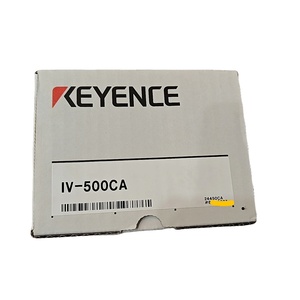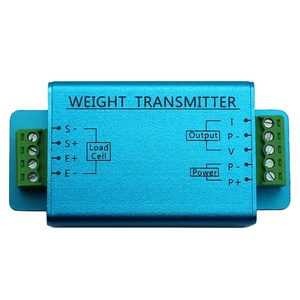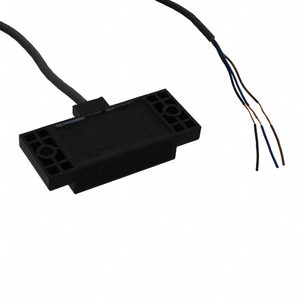Types Of Sensors Used In Industrial Automation





 Top sponsor listing
Top sponsor listing

















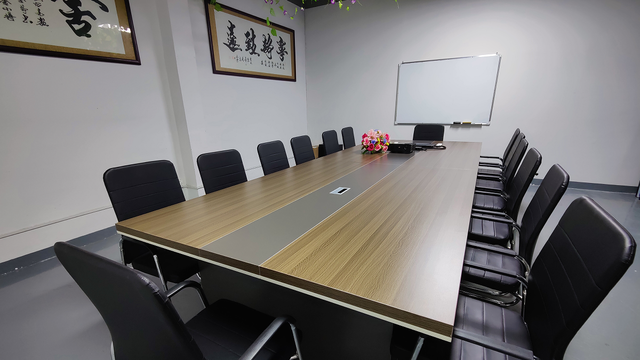


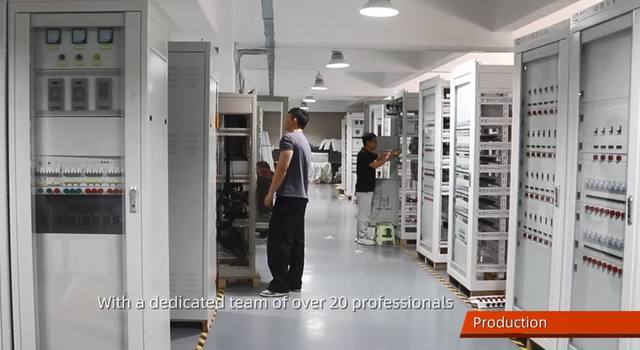








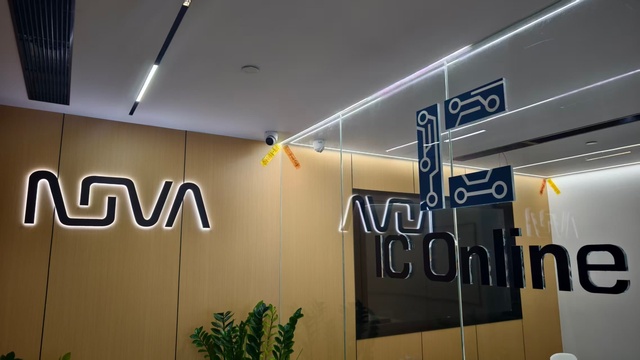










About types of sensors used in industrial automation
Where to Find Suppliers for Types of Sensors Used in Industrial Automation?
China remains a central hub for industrial sensor manufacturing, with key production clusters concentrated in Guangdong and Zhejiang provinces. Shenzhen and Zhuhai in Guangdong province host advanced electronics supply chains, enabling rapid prototyping and high-volume production of sensors for automation systems. These regions benefit from integrated component sourcing networks—particularly in semiconductors, PCBs, and precision housings—which reduce lead times by up to 25% compared to non-specialized manufacturing zones.
The ecosystem supports diverse sensor types including photoelectric, ultrasonic, capacitive, and proximity sensors, commonly used in PLC-integrated automation lines. Suppliers in these clusters operate vertically aligned facilities that combine SMT assembly, calibration labs, and environmental testing chambers within single campuses. This integration allows batch processing of 10,000+ units monthly with consistent quality control. Buyers gain access to scalable production capacity, localized technical support, and streamlined logistics via major ports like Shekou and Ningbo.
How to Choose Suppliers for Industrial Automation Sensors?
Selecting reliable suppliers requires rigorous evaluation across three core areas:
Technical Compliance & Quality Assurance
Verify adherence to international standards such as CE, RoHS, and ISO 9001. While not all suppliers explicitly list certifications in their profiles, transaction data indicates that top performers maintain on-time delivery rates above 99%, suggesting robust internal quality management systems. For critical applications, request test reports on operating temperature range, IP rating, response time, and EMI resistance.
Production and Customization Capability
Assess supplier infrastructure through available metrics:
- Facility scale inferred from product listing volume (e.g., >5,000 active listings indicate large-scale operations)
- In-house engineering teams capable of OEM/ODM customization (color, labeling, packaging, signal output configuration)
- Minimum order flexibility—some suppliers offer MOQs as low as 1 unit for high-value sensors
- Response time under 2 hours correlates with operational efficiency and customer service readiness
Cross-reference online revenue estimates (where available) with reorder rates to gauge customer satisfaction and product reliability.
Transaction Security and After-Sales Support
Prioritize suppliers with verifiable performance history, including documented on-time delivery and dispute resolution records. Analyze response times and reorder rates as indirect indicators of post-sale support effectiveness. For prototype or pilot orders, confirm sample availability and pricing structure. Escrow-based payment methods are recommended until product validation is complete.
What Are the Leading Suppliers of Industrial Automation Sensors?
| Company Name | Main Products (Listings) | On-Time Delivery | Response Time | Reorder Rate | Online Revenue | Customization |
|---|---|---|---|---|---|---|
| Shenzhen Yuetian Micro Technology Co., Ltd. | PLC, PAC, & Controllers (5,923) | 99% | ≤2h | 54% | US $1,400,000+ | Not specified |
| Zhuhai Yisite Technology Co., Ltd. | Other Industrial Components (1,701) | 100% | ≤1h | 40% | US $190,000+ | Not specified |
| Zhejiang Aotoro Electronic Technology Co., Ltd. | Sensors (multiple optical/infrared models) | 99% | ≤2h | 24% | US $190,000+ | Color, material, size, logo, packaging, label, graphic |
| ANKE AUTOMATION LTD | PLC, PAC, & Controllers (6,980) | Not specified | ≤5h | Not specified | Not specified | Not specified |
| IKUSHIMA CO., LTD. | Other Sensors (13) | Not specified | ≤25h | Not specified | Not specified | Not specified |
Performance Analysis
Shenzhen Yuetian Micro Technology stands out with the highest recorded online revenue and a 54% reorder rate, indicating strong market trust and repeat business. Zhuhai Yisite Technology achieves perfect on-time delivery and fastest average response time (≤1h), making it a preferred partner for urgent procurement cycles. Zhejiang Aotoro offers extensive customization options and competitive pricing starting below $10 per unit, suitable for cost-sensitive automation upgrades. ANKE AUTOMATION focuses heavily on controller integration, suggesting specialization in system-level solutions rather than standalone sensors. IKUSHIMA CO., LTD. has limited sensor-specific output and slower response times, which may affect responsiveness for time-critical projects.
FAQs
What certifications should industrial automation sensors comply with?
Ideal suppliers provide CE and RoHS compliance documentation. For deployment in EU or North American markets, ensure products meet EMC directives and have undergone EMI/EMC testing. Functional safety standards like SIL or PL ratings may apply for mission-critical sensing tasks.
What is the typical MOQ and lead time?
MOQ varies by supplier and sensor type—some offer single-unit orders for high-end models (e.g., ultrasonic fork sensors at $125–$300/unit), while standard photoelectric sensors are often sold in batches of 50–100 units. Lead time averages 7–15 days post-payment, with air shipping adding 5–10 days internationally.
Can suppliers customize sensor specifications?
Yes, select manufacturers like Zhejiang Aotoro support full customization including housing color, cable length, output signal type (PNP/NPN), and branding elements. Technical modifications require confirmation of compatibility with existing control systems prior to production.
How to verify sensor performance before bulk ordering?
Request samples to test in real-world conditions, focusing on detection accuracy, ambient light interference (for optical sensors), and durability under vibration or moisture. Use oscilloscopes to measure response time consistency. Compare actual specs against datasheet claims before scaling procurement.
Do suppliers support global shipping and after-sales service?
Most established suppliers offer worldwide delivery via express or sea freight and provide basic technical support. Confirm warranty terms (typically 1 year) and whether repair/replacement services are available locally or must be handled through the manufacturer.












